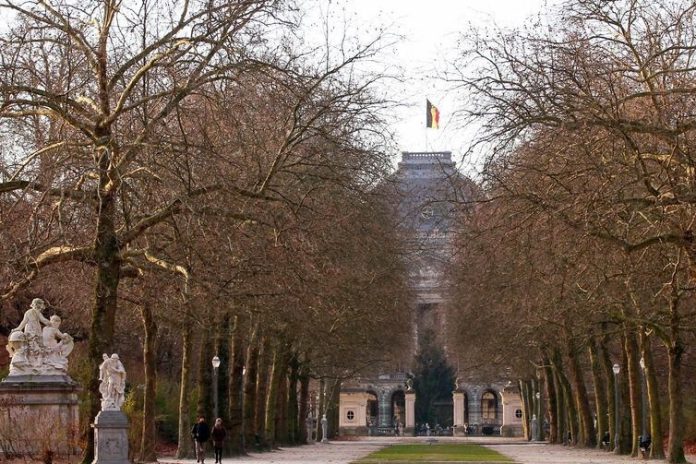Francophone and Dutch-speaking Belgians are often unable to reach a consensus on any issue, and trade is no exception, POLITICO reports.
However, when Belgium takes the helm of the EU in the first half of next year, it may make it easier for it to agree with the rest of Europe.
The very fact that Belgium belongs to both camps – pro-free trade and protectionist – will play into its hands as the EU tries to finalise key trade documents ahead of European elections next June.
The southern part of Belgium, French-speaking Wallonia is characterised by a more critical attitude towards free trade. If trade deals go through, the left-leaning region will insist on strict environmental and human rights standards. And north of Brussels, in Dutch-speaking Flanders, right-wing nationalists are leading the way, believing trade deals help businesses prosper. The wealth of Flanders, with its major port of Antwerp, depends on exports.
The national government consists of a broad coalition led by liberal, free-enterprise-oriented parties from both regions that take their EU leadership seriously. Ferdi De Ville, a professor of European political economy at the University of Ghent, said:
“Because we have the presidency, it might mute disagreements within Belgium that we might otherwise see.”
The Francophone left and Green parties, usually reticent on trade deals, “may not decide to play hardball because it could tarnish our image as presidents,” he added.
Such disagreements matter on the EU stage because the last word on trade policy rests with the country’s regions. This means Belgium often stalls key decisions in the Council – and is usually the last EU member to allow a trade agreement to enter into force.
Free trade deals tend to be highly politicised in Belgium, as was the case in 2016 when the EU held its breath for months over Wallonia’s veto of a sweeping trade agreement with Canada, which was only lifted after intense negotiations. The country has still not ratified the agreement, even though it has been provisionally in force for six years.
In the 60-page programme outlining the priorities of the upcoming Belgian Presidency, the section on trade is characterised by general language and largely echoes the European Commission’s position.
However, Belgium’s own position is unlikely to become more specific as the country prepares for federal elections on 9 June, the day when voters across the continent will choose a new European Parliament.
After negotiations between the EU and Mercosur countries suffered another setback earlier this month, Belgium is likely to breathe a sigh of relief that it will not have to deal with the controversial trade pact with the South American Mercosur bloc, which includes Brazil, Argentina, Uruguay and Paraguay. If significant progress is made on the agreement before the election, Belgium will not push for a council vote before then. Saskia Bricmont, member of Ecolo, Belgium’s French-speaking green party, said:
“In addition to the differences between the regions and the federal government, which mean that Belgium often abstains from voting, there’s also the campaign agenda where some people won’t be interested in having the Mercosur issue on the table in the middle of an election campaign.”
